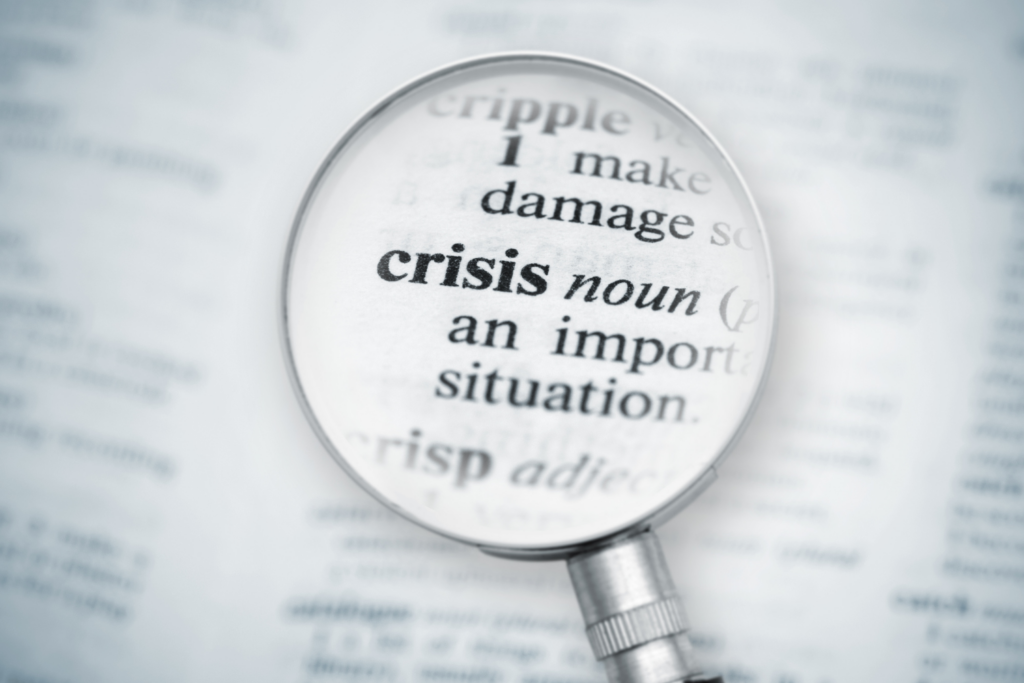The Impact of Polycrisis on Healthcare Systems—Analyzing Challenges and the Role of Social Epidemiology
This article examines how overlapping global crises are converging to form a polycrisis that places unprecedented strain on healthcare systems worldwide. Applying social epidemiology to the analysis of polycrisis, the authors highlight how these interconnected threats amplify one another, exposing systemic vulnerabilities and deepening health inequities. Drawing on data from missed hospitalizations, conflict zones such […]










